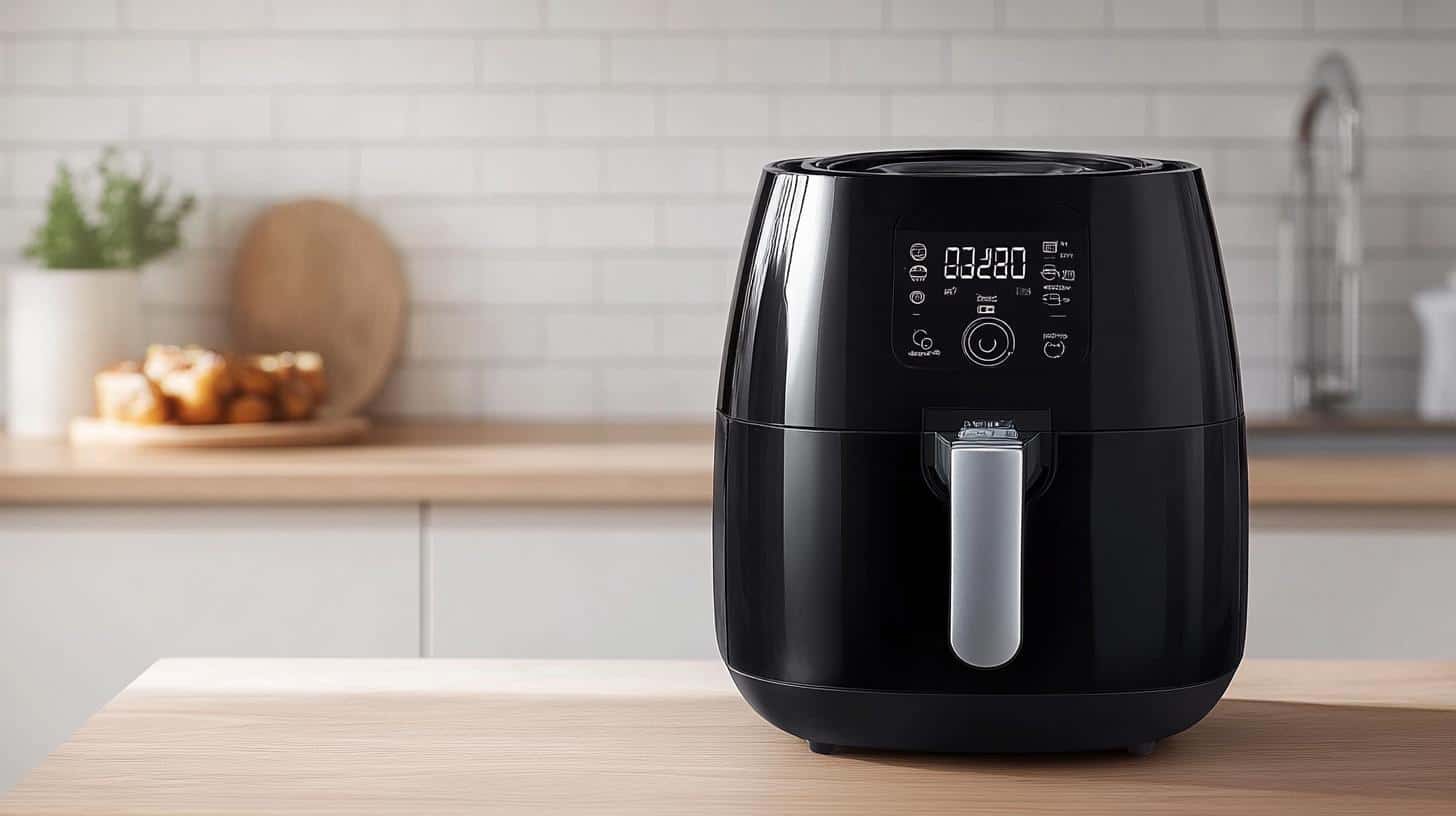A recent investigation has unveiled startling privacy concerns regarding household air fryers. In the United Kingdom, air fryers have been reportedly designed to listen in on conversations, as uncovered by research from consumer group Which?.
The study evaluated various categories such as consent, transparency, and data security, uncovering that three air fryer models not only tracked users’ locations but also sought permissions for audio recording through smartphones. Concerns have been raised about manufacturers indiscriminately gathering consumer data, as reported by Which?.
Among well-known names, the brand Xiaomi was flagged for transmitting personal user data to servers in China, a practice revealed in their privacy notice. However, Xiaomi clarified that their Smart Air Fryer is not equipped with features that utilize voice commands or video chat, which negates the need for audio permissions directly linked to its cooking function.
This issue extends beyond air fryers; numerous other smart home devices like speakers, TVs, doorbell cameras, and washing machines are also collecting user data. LG, for instance, was reported to request substantial personal information from users, including names and contact details. LG responded, stating consumers have options to operate products manually without sharing personal data, but mobile app usage offers additional control.
With the rising prevalence of smart tech, it is crucial for users to be conscious of privacy settings. Experts recommend methods such as restricting microphone access and being mindful about voice assistant use to safeguard personal privacy. As technology continues to embed itself deeper into daily routines, awareness and diligence become key.
Is Your Home Appliance Spying on You? Startling Truths About Smart Devices
As the world becomes increasingly interconnected, the evolution of smart technology in household appliances raises significant questions about privacy and data security. While concerns about air fryers listening to conversations have been exposed, the broader implications of smart devices extend far beyond this single appliance.
Surprising Connections and Data Flow
In the digital age, smart devices are designed to make life more convenient, yet this convenience comes with a potential cost: privacy. The idea that your washing machine, television, or even refrigerator could be tracking more than just their operational status is disconcerting. Many of these devices are not just limited to their primary functions; they are also integrated with network capabilities that allow them to communicate with other devices, often sharing data with manufacturers for product improvement or marketing purposes.
For example, while the Xiaomi brand has come under scrutiny due to concerns about data being sent to servers in China, similar practices are observed globally. This phenomenon is not intrinsic to any single country or company but is part of a broader industry trend where user data becomes a critical asset.
Informed Choices: Advantage or Disadvantage?
Smart technology can offer numerous advantages. Enhanced user control, energy efficiency, and personalized user experiences are among the benefits. However, these advancements come at the expense of privacy, often hidden within the fine print of user agreements that few read thoroughly.
The downside is not only the potential misuse of personal information but also security vulnerabilities. Data breaches can expose sensitive information, putting individuals at risk. Yet, when properly safeguarded, the data could lead to innovations in the way we interact with our homes, potentially making lives easier and more intuitive.
What Can You Do: Precautions and Considerations
So how can consumers protect themselves? It boils down to being informed and vigilant. Here are some steps you can take:
– Review Privacy Policies: Thoroughly read the user agreements and privacy policies of any smart device before purchasing.
– Adjust Settings: Limit permissions on your devices. Deny unnecessary access to microphones, cameras, and location settings when possible.
– Regular Updates: Keep software up-to-date to ensure you have the latest security patches.
– Network Security: Use encrypted networks and strong, unique passwords to protect your home network from unauthorized access.
Unanswered Questions and Future Directions
The critical question remains: as technology continues to advance, will privacy protections keep pace? Can consumers continue to enjoy the conveniences of smart technology without forgoing their right to privacy?
Future technological advancements could prioritize user privacy, incorporating data protections into the design of these devices from the ground up. Until then, individuals must remain discerning and proactive in managing their digital footprint.
For more information on how to protect your privacy and stay updated on the latest technology trends, consider visiting Consumer Reports or Electronic Frontier Foundation.











